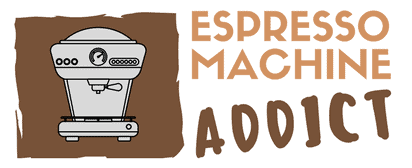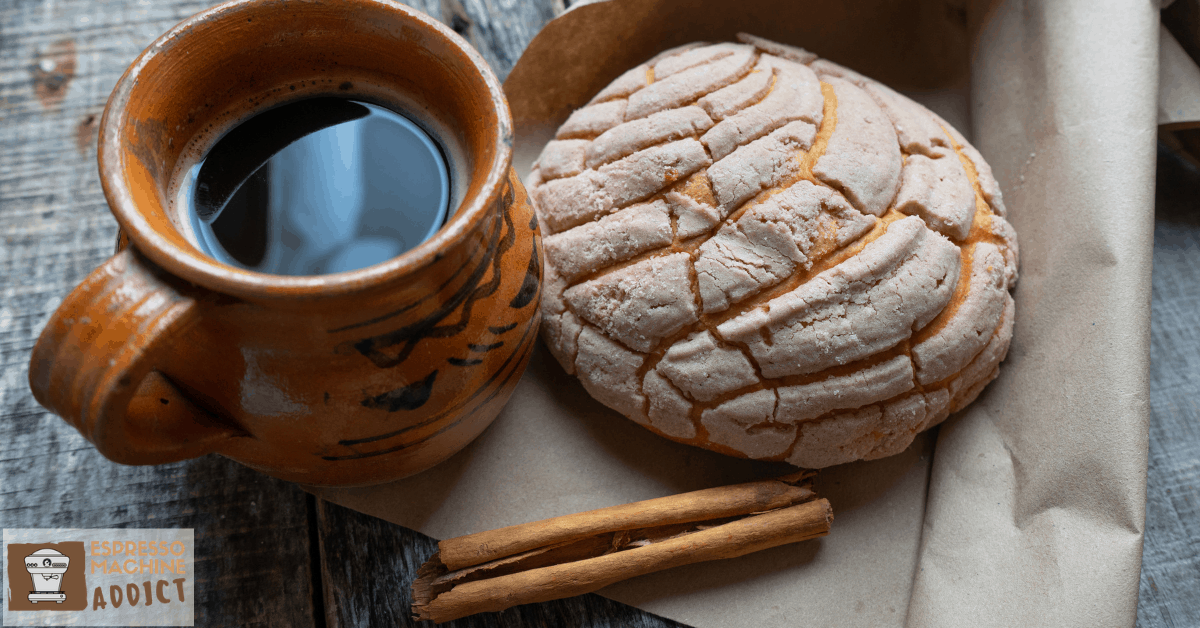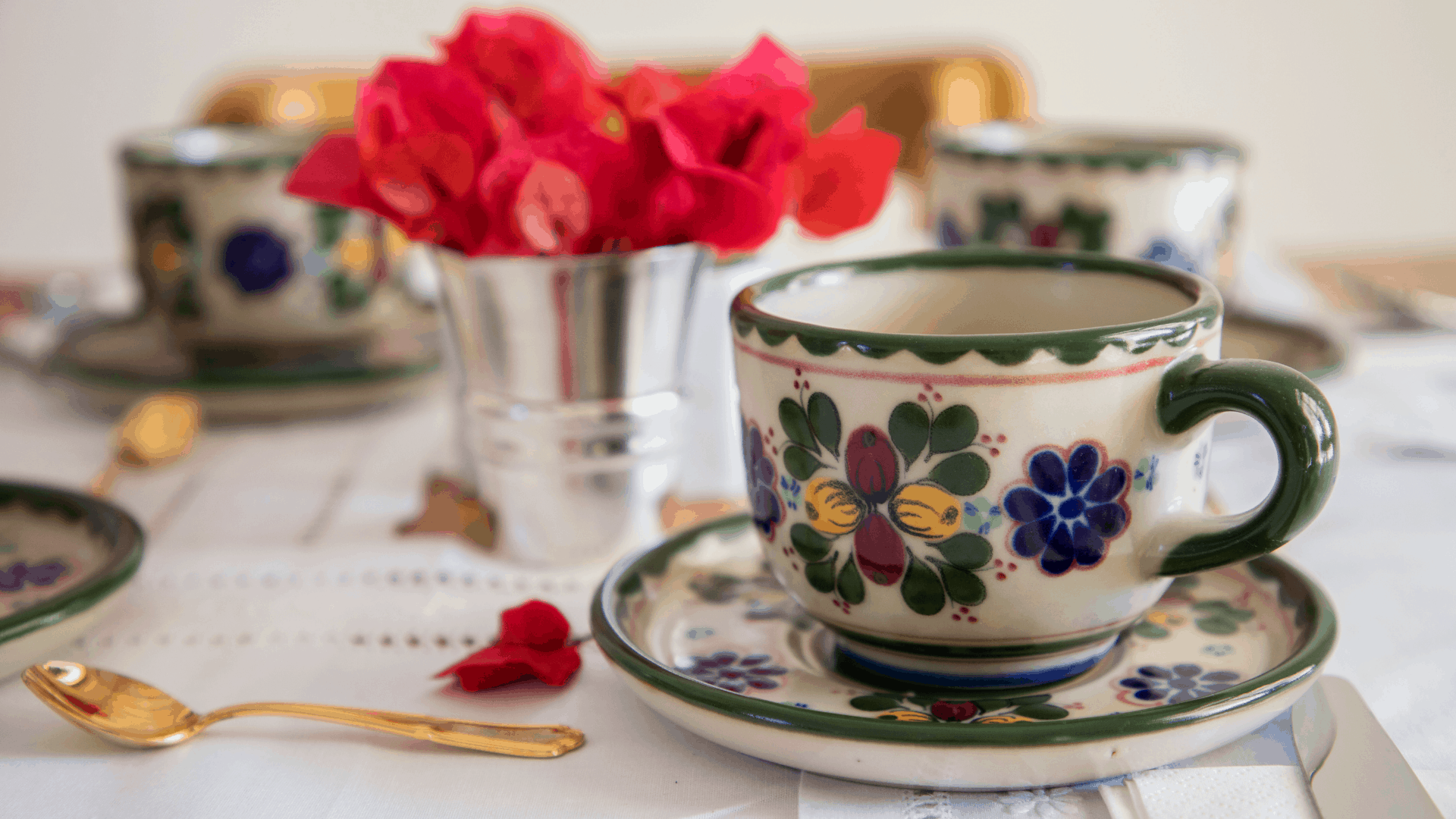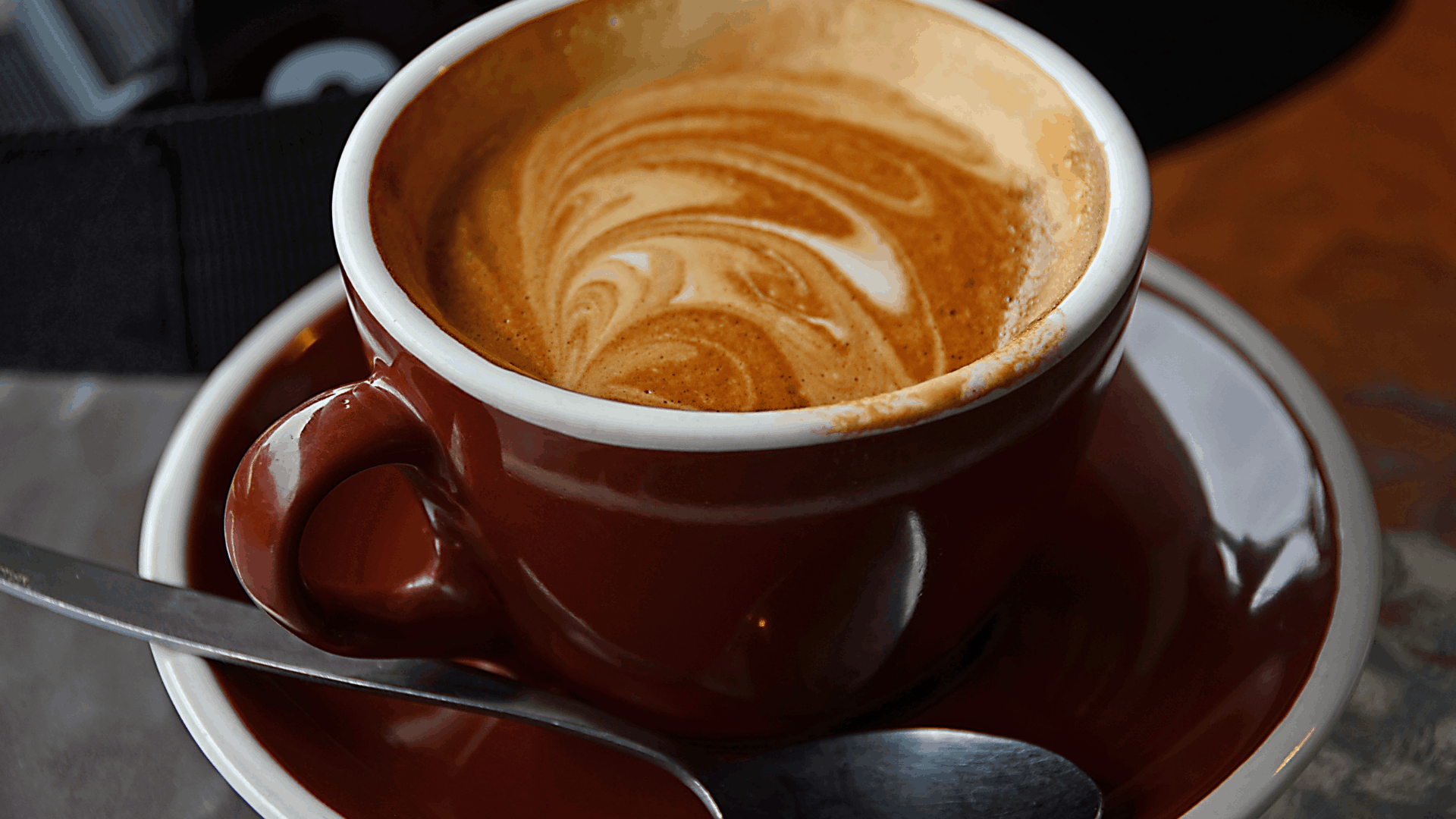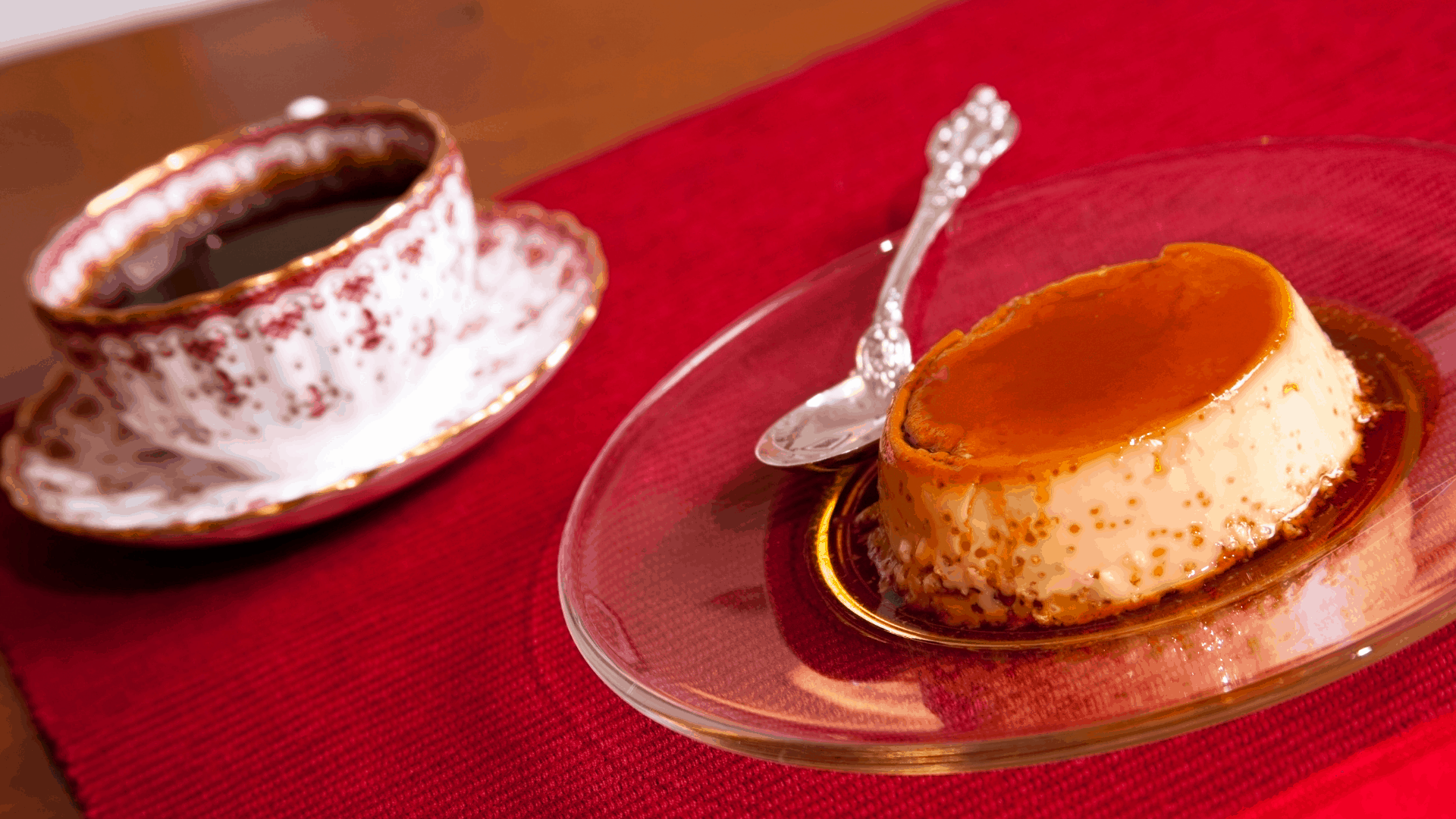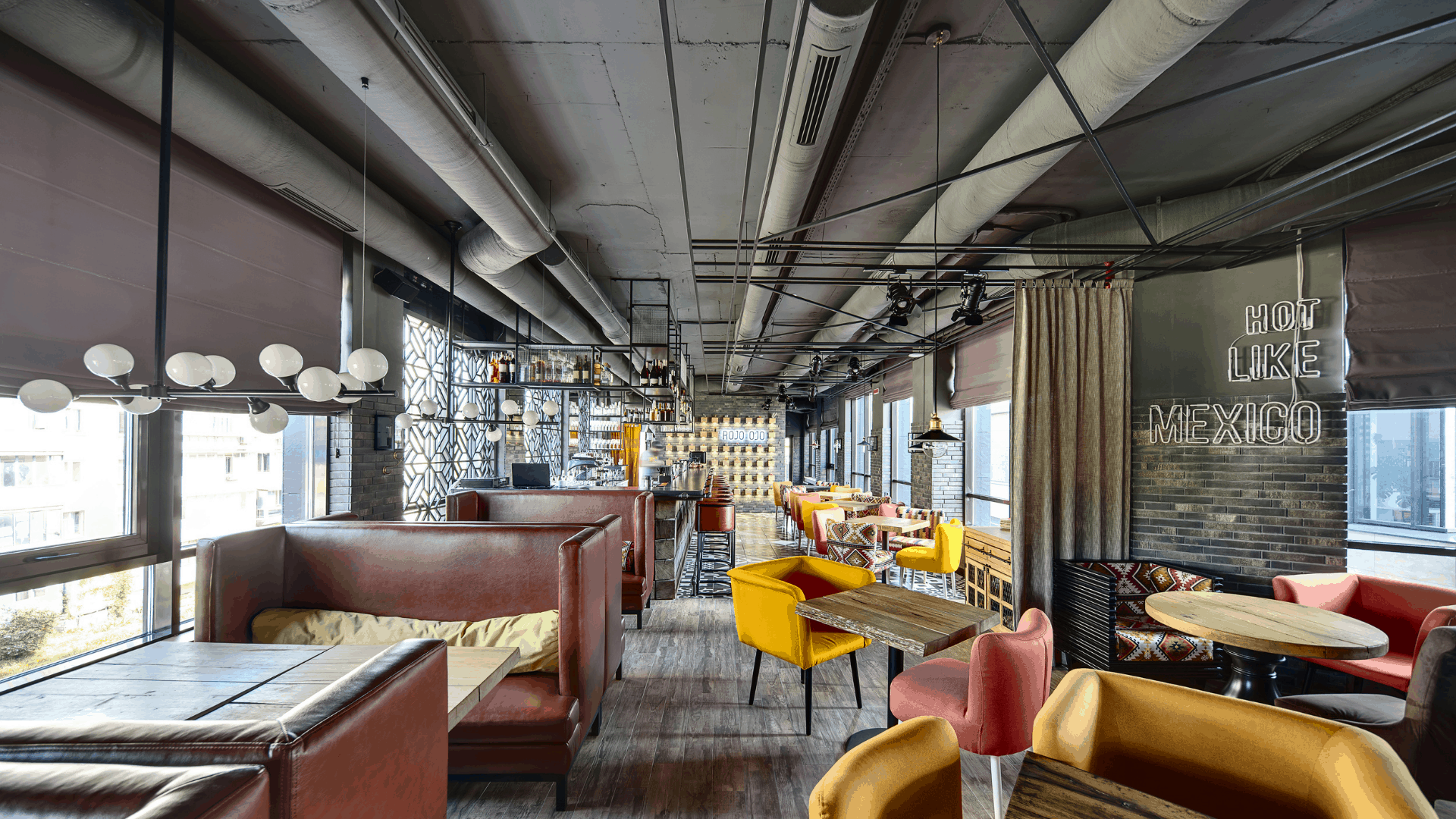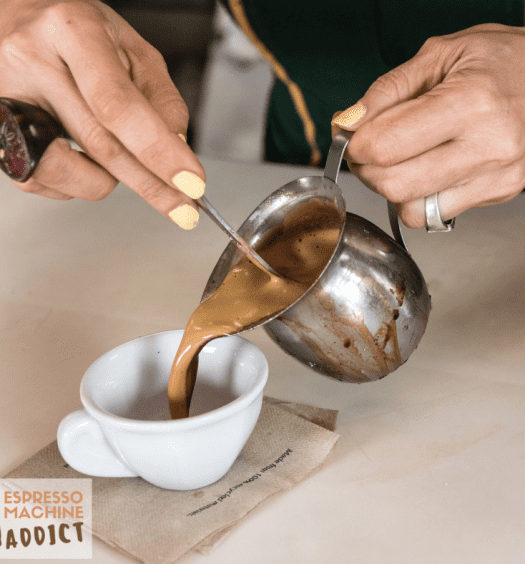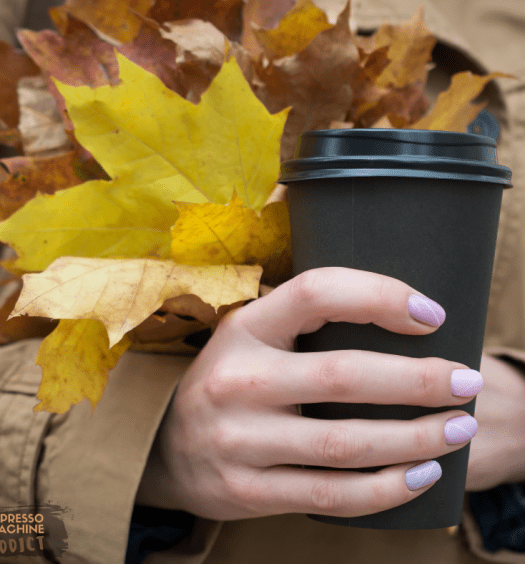While coffee didn’t arrive in the country until the 18th century, coffee culture in Mexico ultimately grew strong. Though they were initially shadowed by metal and mineral operations in the area, coffee plantations began popping up.
In time, however, interest in growing expanded, diversifying the nation’s economy and putting the country on the path to becoming one of the world’s major coffee producers. While there were certainly some hiccups along the way, today, Mexico isn’t just one of the biggest coffee producers; it is the leading exporter of organic coffee in the world.
As with all coffee-loving nations, the coffee culture in Mexico is unique. If you are wondering what it has to offer, here’s what you need to know.
Coffee Culture in Mexico
When people think about coffee cultures, they usually envision French or Italian coffee cultures. Usually, there’s a bit of decorum to the experience in those countries. However, when it comes to Mexican coffee culture, there’s less formality. Having a tasty beverage is the priority, regardless of what it takes to make that happen.
While the best Mexican espresso coffee usually doesn’t need additions to be delectable, Mexicans enjoy the addition of sugar and milk, sometimes in large quantities. Drinking a shot of espresso on its own isn’t common. However, you won’t necessarily get any sideways glances if you choose to go that route.
Additionally, coffee culture in Mexico, particularly in the northern part of the country, is highly influenced by American coffee culture. This has also led some to embrace sweeter drinks, such as the beverages you’ll find at a Starbucks.
Mexican coffee drinkers also prefer large sizes. This deviates from countries like Italy, where a smaller cup is much more common. In Mexico, coffee isn’t’ necessarily considered a morning drink, either. Instead, you may see more of it during lunches or dinners where people have more time to relax and socialize with friends or family. That means, sometimes, a Mexican café won’t open until late morning, something that may startle international tourists.
Finally, it isn’t uncommon for coffee drinks in Mexico to contain alcohol. Liqueurs are common additions, though some of the Mexico café beverages might even have tequila in them. You may even find Mayan coffee that features an anise liqueur called Xtanentún, a great option if you want to try something characteristic to the region that’s also steeped in history.
Types of Coffee in Mexico
By and large, Mexican coffee beans are of the Arabica variety. While the coffea arabica plant originated in Ethiopia, it grows quite well in many parts of Mexico, particularly the Mexican Chiapas coffee, Veracruz, and Oaxaca coffee regions and the Guatemalan border.
Overall, arabica coffee is the most popular type in the world. More than half of all coffee that is consumed comes from arabica beans, putting it clearly ahead of any other kind.
When it comes to the quintessential coffee drink in Mexico, café con leche has to be it. Typically, a café con leche is half espresso and half steamed milk, making it a bit stronger than lattes and cappuccinos. Additionally, café con leche typically doesn’t feature foam, giving it a second key difference. However, when poured by an expert, a café con leche does have a nice frothy top.
If you prefer your coffee black, then you’ll want a café americano. It’s a milk-free option, allowing you to enjoy the rich, robust espresso flavor without any added sweetness.
It is important to note that many specialty Mexico café restaurants also offer their own unique beverages. As coffee culture in Mexico expands, some cafés aim to differentiate themselves, offering creative concoctions to entice locals and visitors alike.
How to Order Coffee in Mexico
Ordering coffee in Mexico is fairly simple. Typically, a Mexican café will have several espresso drinks on the menu, including, but not limited to:
- Café con leche
- Café solo
- Cortado
- Café americano
In many cases, the drinks are similar to what you’ll find in other countries. However, some of the wording is different. After all, Mexico is a Spanish-speaking nation, so many of the beverage names will feature Spanish.
Otherwise, the process is straightforward. Begin by offering a greeting, ensuring you start off the interaction on the right note. Then, place your order, and follow up with a thank you.
In smaller cafés, you may handle the entire transaction at a counter. With these, there may be limited seating, or the establishment may focus more on a grab-and-go approach.
If you head to a café in Mexico that offers closer to a restaurant experience, you may end up being seated before receiving service from a waiter. Again, as long as you are polite, everything should move forward smoothly.
It is important to note that cash really is still king in Mexico. It’s best to assume that you’ll need to complete your purchase with pesos and not a credit or debit card.
Additionally, tipping is part of Mexican culture. If you receive restaurant-style service, a 10 to 20 percent tip is customary. For counter service, 10 to 15 percent may be fine.
Coffee Ordering Mistakes in Mexico
Really, you can’t make any major mistakes when you’re ordering coffee in Mexico. As long as you refer to the drink by the proper name and are ready to pay in cash, you’ll likely be fine. If you want the best Mexican coffee experience possible, it’s also wise to try and complete the transaction in Spanish. Even if you fumble a bit, your effort will likely be appreciated.
You should also keep in mind that you may have difficulties if you expect the same level of customization as you may see in chains in the United States, Canada, or many other countries. Many Mexican cafés are smaller operations, so they aren’t going to have every option available. As a result, it’s best to focus on beverages that you enjoy without the need for additions or substitutions.
Mexican Coffee Brands
If you’re looking for some of the best Mexican coffee brands around, you’re in luck. Several companies have stellar reputations. Whether you’re looking for the best Mexican coffee beans or outstanding organic Mexican coffee, you’ll be able to find something with ease.
One great option is Salvic Café. The company produces 100 percent Mexican coffee, including a delectable Café de Olla variety, which features fun additions to roasted coffee like brown sugar, cinnamon, and spices.
Etnia 52 is another outstanding option. The company offers a wide range of whole bean products, including Chiapas, Veracruz, and Oaxaca coffee varieties. There are even flavored coffee powders available for making frappes at home.
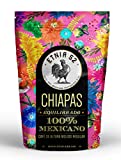
You can also find some of the best whole-bean Mexican coffee beans in products created by international companies. If you’re looking for organic Mexican coffee, Volcanica may be the right brand for you. New Mexico Piñon is another popular ground coffee brand, as well as Lacas Coffee Company.
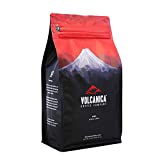
Ultimately, the coffee is so desirable, many companies spread across the world create products featuring beans from Mexico. That means there’s a chance your favorite brand actually uses Mexican coffee beans in at least some of their products. You can find out about the bean’s region by checking your coffee’s packaging in most cases. You may be surprised by what you find.
Travel with us as we explore coffee culture at the North Pole and Morocco.
